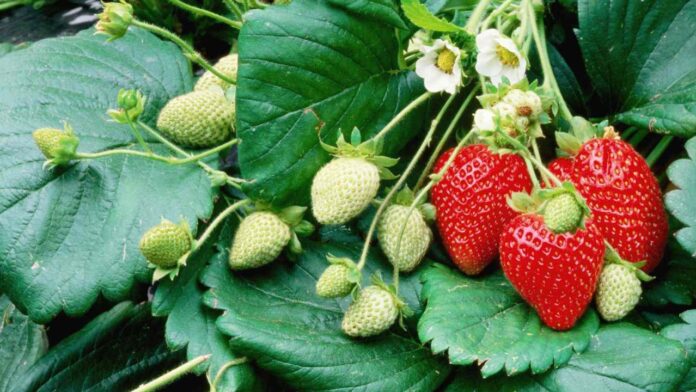Fruits are nature’s treats, like pulpy candies filled with natural goodness. Packed with minerals and vitamins, they provide numerous health benefits and serve as a healthier alternative to impulsive snacking. However, seeds can sometimes be pesky; one wrong bite can turn the flavors bitter. But don’t throw away those seeds— they have the potential to grow into plants, allowing you to skip a supermarket trip next fruit-bearing season.
Here are some fruit seeds that can easily germinate at home with a little care and patience:
- Orange: Winter wouldn’t be complete without the popular citrus fruit, the orange. Loaded with Vitamin C, oranges bring back memories of basking in the winter sun with your mom peeling an orange. While the seeds can sometimes ruin the sweet and sour flavor, you can save them to grow your own orange plant. Select a good-quality seed without any dents or discoloration. Ensure it’s fresh to germinate, so avoid dried seeds. Soak it in water for 30 minutes. Then, take two lightly soaked cotton pads, sprinkle a little cinnamon on one, place the seed on top, and cover it with the other cotton pad. Store this in an airtight container in a dark, warm place. After about a week, once the seed has sprouted, plant it in soil and cover it with a tiny glass to maintain humidity. Water it occasionally, and it will grow in no time.
- Strawberry: Live your cottage-core dreams by growing your own strawberries. Imagine wearing a coquette bow in your hair and picking homegrown berries. Strawberries have an aromatic, tangy flavor with a sweet undertone and a rustic floral taste. This winter berry is rich in antioxidants, boosting immunity. The seeds are on the skin of the berry, so carefully slice the skin and let it dry. Once dry, the seeds will easily come off. Sprinkle the seeds on the soil and let them grow. Hanging woven baskets are ideal for strawberry plants.
- Tomato: Tomatoes are imposters, fruits masquerading as vegetables. In the culinary world, they mostly appear in savory dishes, making them seem like vegetables. However, tomatoes develop from flowers and contain seeds, fitting the definition of fruits. Rich in potassium and vitamins, tomatoes are fairly easy to grow. The next time your salad bowl runs dry, you can pluck one from your home garden. Cut the tomatoes into thin slices and place them in the soil, covering them with a thin layer of soil. Within a week, tiny saplings will begin to grow.

 हिंदी
हिंदी






